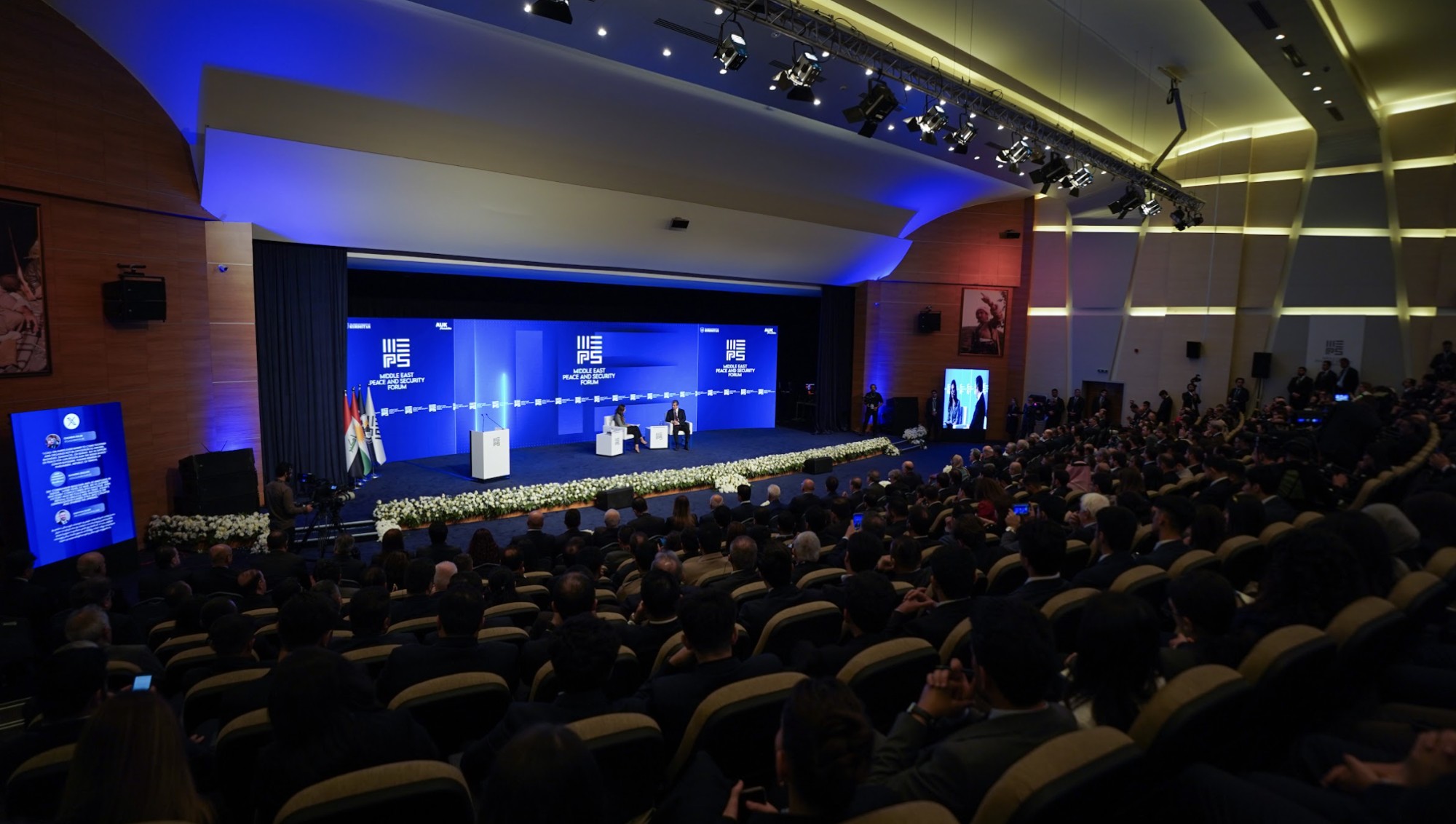The passing in late December of Jimmy Carter, the 39th President of the United States, resonated deeply in the Middle East, where his ’unwavering dedication to resolving conflicts and championing the oppressed has left an indelible mark. For the Kurdish people, Carter’s advocacy for human rights was a profound source of inspiration for their struggle and a beacon of hope in a turbulent Middle East.
Carter’s presidency came during a transformative period in regional politics, which included upheavals in Afghanistan, Pakistan, and Saudi Arabia as well as the second oil-price spike following the Iranian Revolution, all amid the U.S.-Soviet geopolitical rivalry known as the Cold War. Despite these challenges, Carter’s crowning achievement, the Camp David Accords of 1978, led to the historic peace treaty between Egypt and Israel in 1979. Through tireless mediation, Carter brought together Egyptian President Anwar Sadat and Israeli Prime Minister Menachem Begin, facilitating bold concessions on both sides.
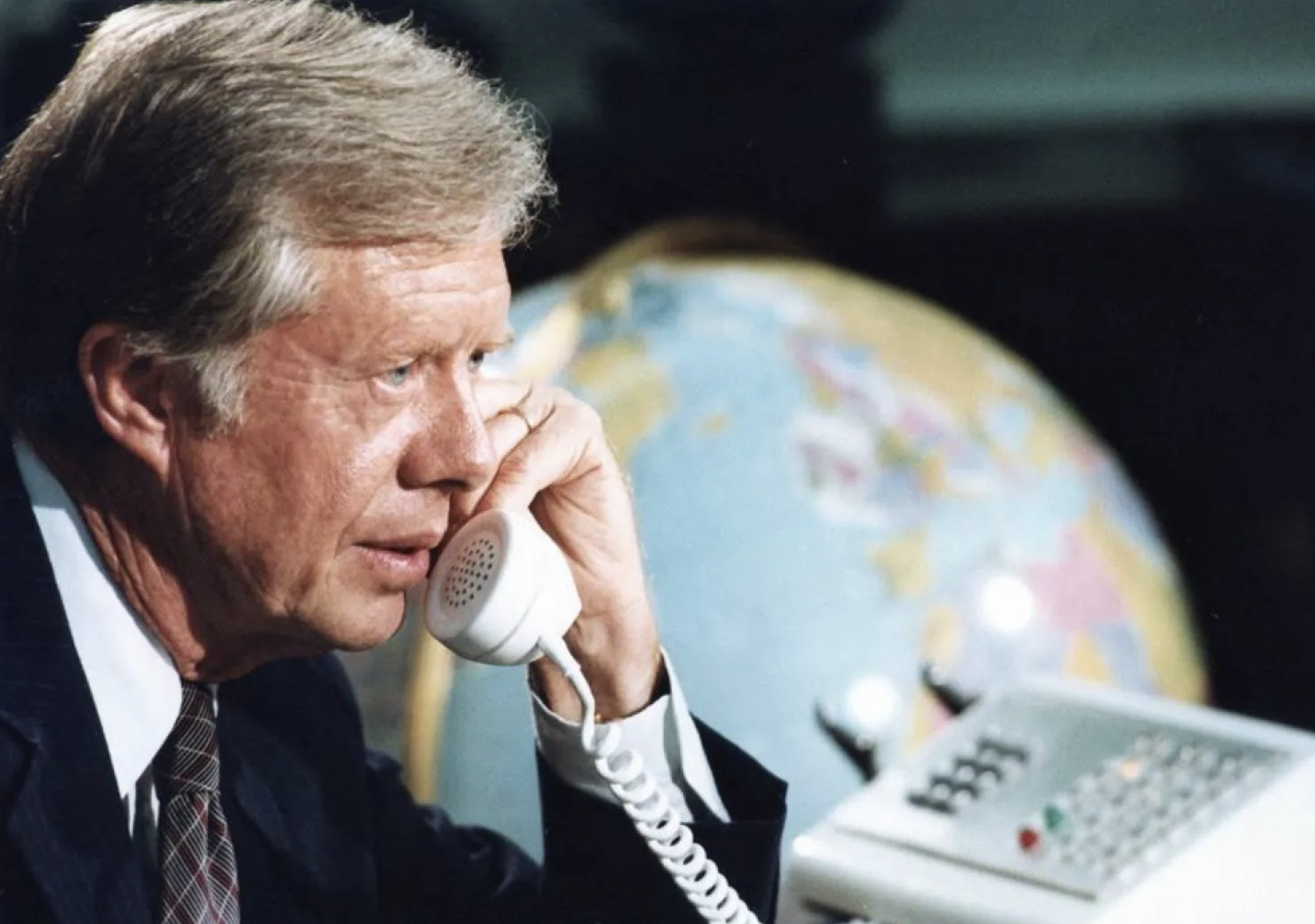
Post-presidential legacy
Carter’s activities after leaving the presidency reflect a similar commitment to peace. In a speech delivered on the 20th anniversary of the Accords at the University of Maryland in 1998, he articulated his enduring optimism for the Middle East. “Anyone dealing with the Middle East has to be an optimist. I know that Israeli mothers want peace, and Palestinian mothers want peace. The obstacles are the politicians who lack the courage to honor the prayers of the mothers. Those of us who have demonstrated interest in the peace process must remain involved, whether mighty or not. All of us have some degree of influence.”
“He is a great man. His legacy after the presidency far outweighs his four years in office,” said Professor Saad Eddin Ibrahim during an interview in 2023 before he passed away. Ibrahim was a renowned sociologist and human rights advocate from the Ibn Khaldun Center for Development Studies in Cairo.

Ibrahim emphasized Carter’s unparalleled contributions to humanity. “After leaving the White House, Carter dedicated his life to fighting disease, fostering peace, and advocating for democracy. This determination cemented his place as a transformative figure. The Camp David Accords, an achievement ahead of its time, faced criticism but laid the groundwork for future peace efforts in the Middle East. Great men like Carter and Sadat may be misunderstood in their lifetimes, but history will honor their achievements.”
Ibrahim’s respect for Carter was evident in a selfless act during his own imprisonment in Egypt. While incarcerated, Ibrahim learned that he had been nominated for the Nobel Peace Prize. However, upon discovering that Carter was also a candidate, he requested the withdrawal of his nomination. “Carter was far more deserving,” Ibrahim said. “His dedication to eradicating diseases and promoting peace speaks louder than words.”
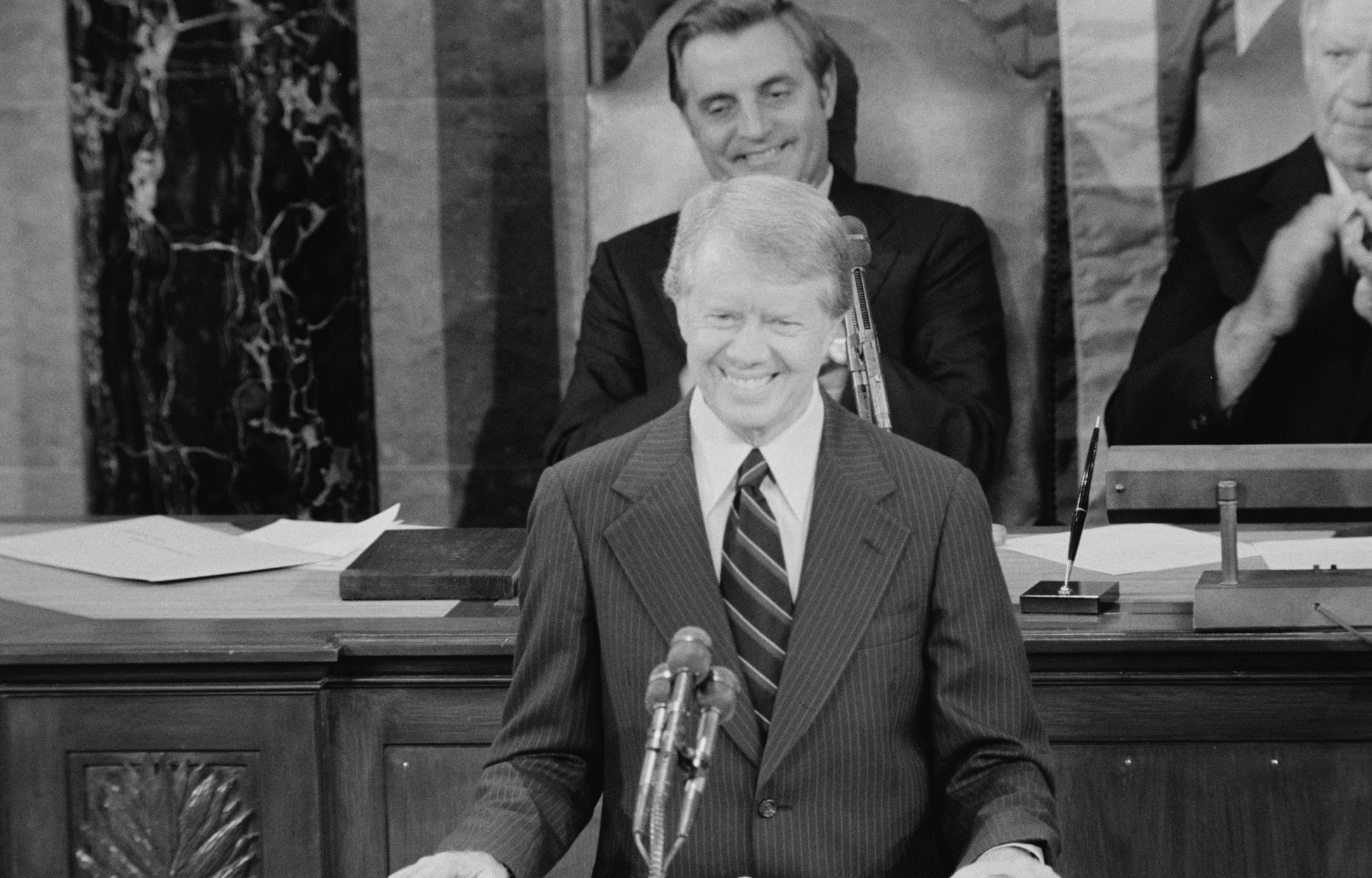
Connection to the Kurds
For decades, the Kurds have exemplified resilience in their struggle for autonomy and recognition, and Carter’s unwavering commitment to human rights resonates deeply with their fight against oppression and terrorism, particularly in Syria and Iraq. The Kurds’ valiant resistance against threats to their autonomy – often at great personal cost – embodies the democratic values that Carter championed. His legacy serves as a reminder of the moral imperative to support such efforts.
Ibrahim’s advocacy for peace extended to addressing the rights of ethnic minorities in the Middle East. At a conference hosted by the Ibn Khaldun Center, he brought together Kurdish leaders, including Kurdistan President and leader of the Kurdistan Democratic Party Masoud Barzani and the leader of the Patriotic Union of Kurdistan and former Iraqi President Jalal Talabani, to discuss these challenges. Reflecting on the event, Ibrahim advocated for Kurdish rights, even supporting their right to an independent state.
President Masoud Barzani has continually worked to bridge divides among Kurdish factions. Notably, he recently invited Mazloum Abdi, the commander of the Syrian Democratic Forces, to Erbil to foster conciliation with other Kurdish parties. This initiative underscores Barzani’s commitment to unity and stability within the Kurdish region, reflecting his broader vision for peace.
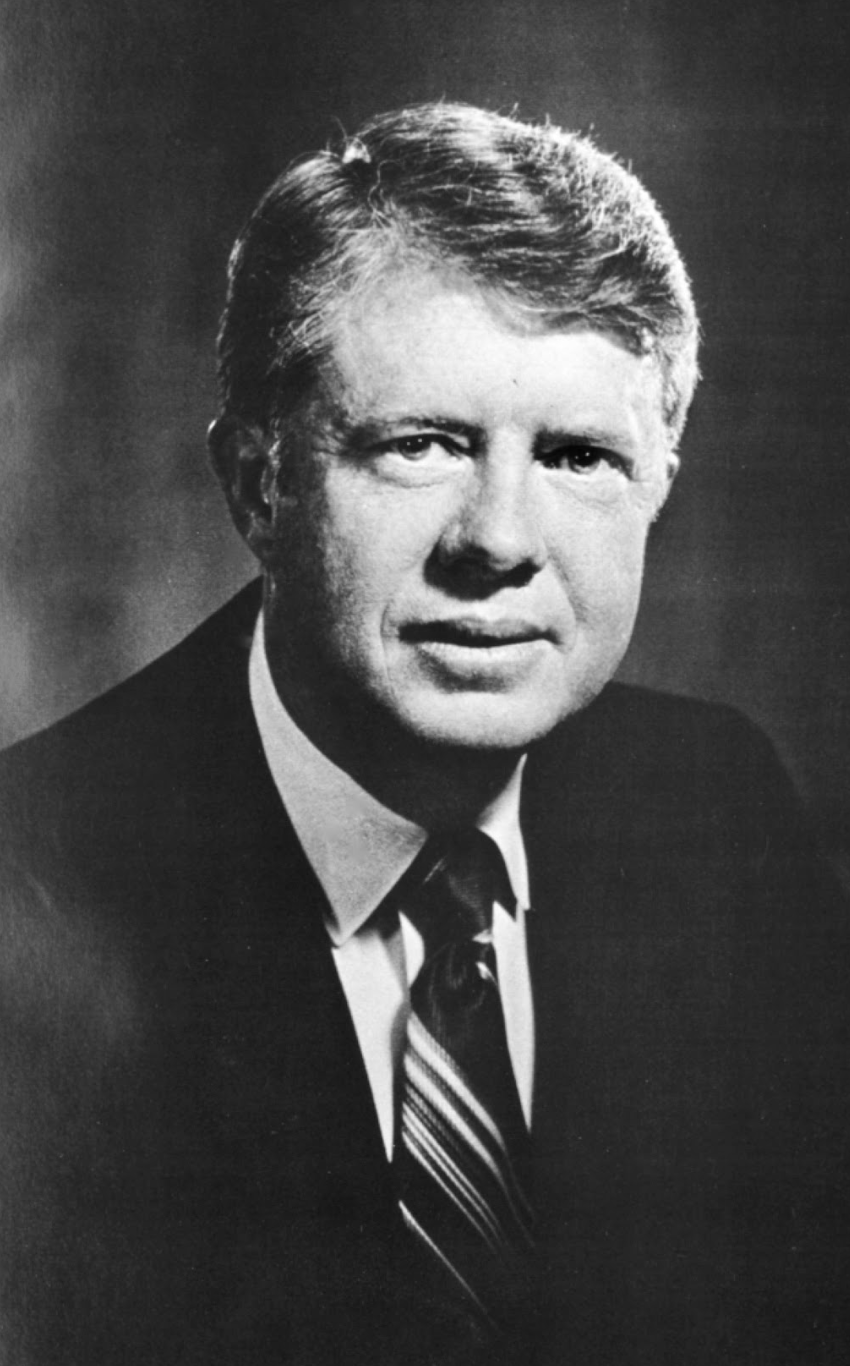
In a recent interview with Shams TV in Erbil, President Masoud Barzani delivered a message of reassurance to the Kurds in Western Kurdistan (northeastern Syria) and across the broader region. Emphasizing his role as a stabilizing force, Barzani’s leadership mirrors Carter’s in that he evinces a steadfast commitment to peace and coexistence in one of the world’s most volatile regions. Both leaders have shown an ability to turn adversity into opportunities for harmony and progress.
Carter’s deep interest in the Middle East stemmed from his belief in the transformative power of diplomacy. Ibrahim recounted how Carter, upon hearing Sadat’s speech expressing a willingness for peace, personally reached out to Begin, initiating the journey to Camp David.
“Carter ensured the agreement was equitable,” Ibrahim noted. “He fostered collaboration despite immense challenges, creating a working peace camp of Egyptians, Israelis, and Americans. This legacy continues through initiatives like the Anwar Sadat Chair for Peace and Development at the University of Maryland, where Carter’s and Sadat’s contributions are celebrated.”
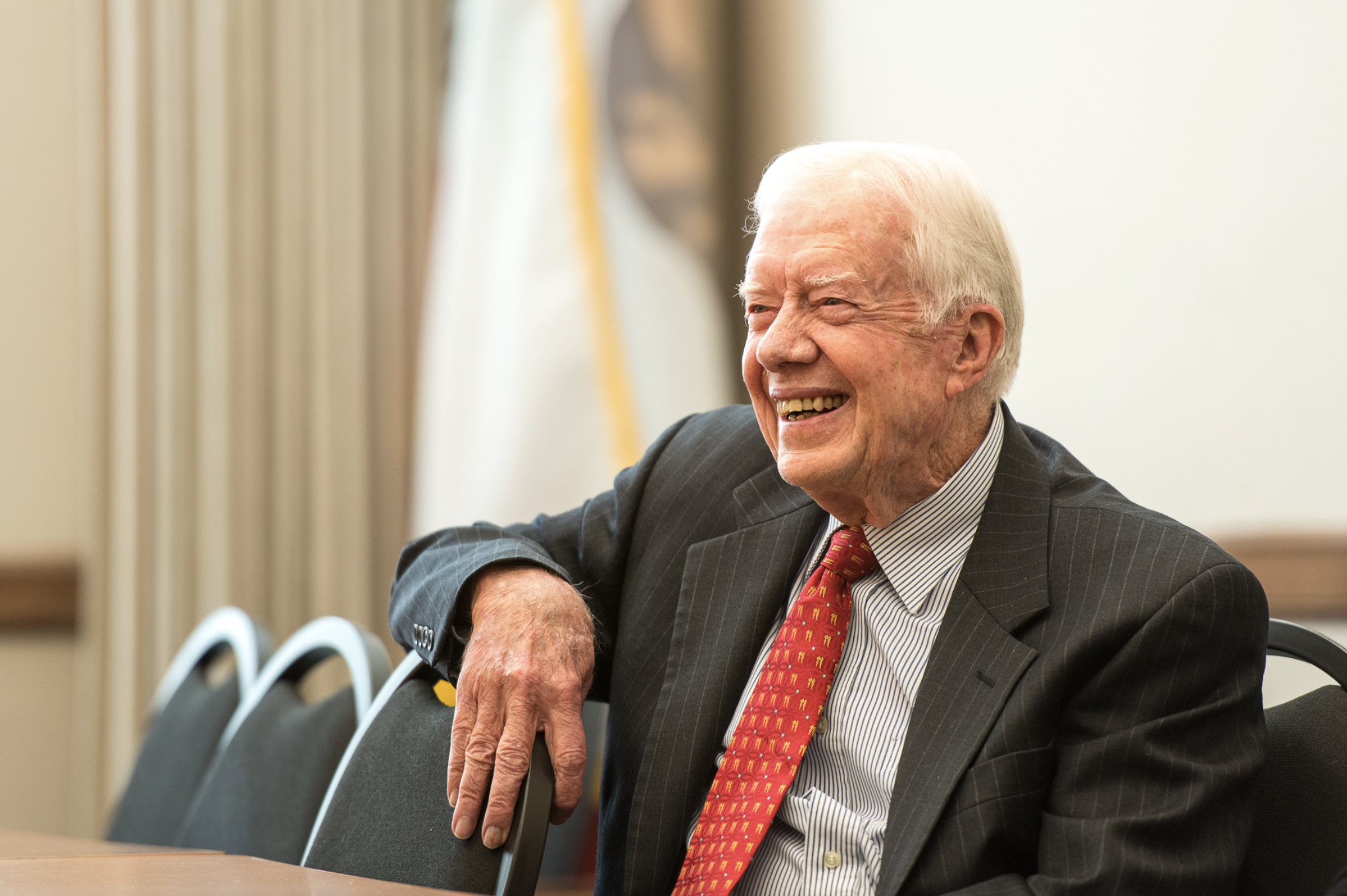
Humanity and humility
Ibrahim also shared a touching memory of Carter’s respect for family. “At the Carter Center, every meal saw his mother seated at the head of the table. As an Arab, this gesture resonated deeply with me, reflecting Carter’s humility and values.” Ibrahim also praised Carter’s wife Rosalynn for her unwavering support and warmth.
As the world confronts rising authoritarianism and threats to democracy, Carter’s life serves as a guide for today’s leaders. His tireless work for peace and human rights underscores the necessity of international solidarity, particularly for the Kurds, who continue to uphold shared values that stand in opposition to terrorism and extremism.
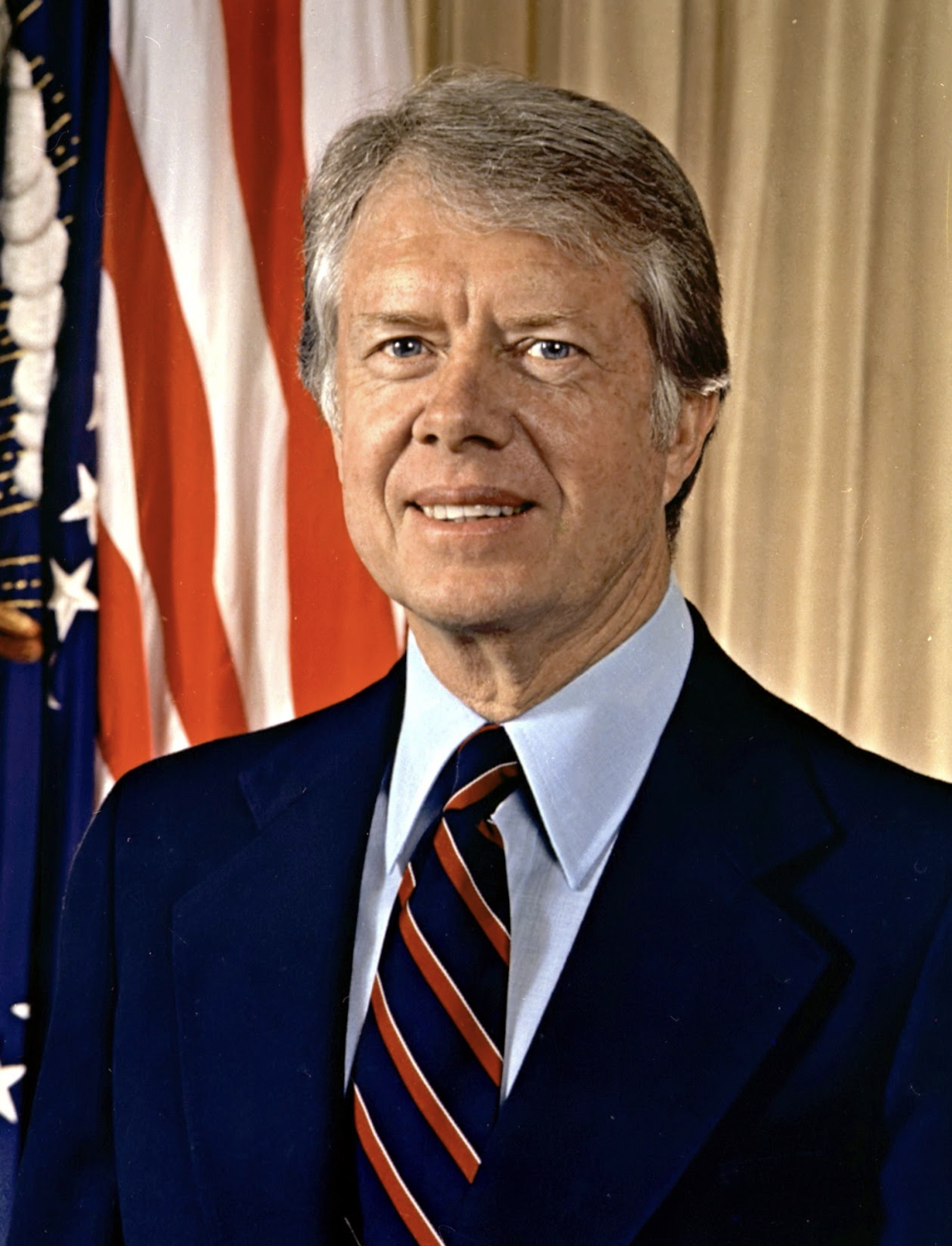
Ibrahim had kind words for this great leader. “I hope the last weeks or months of Carter’s life will be celebrated. The world carries immense appreciation and gratitude for his role as a public figure and a man of peace and democracy,” he said.
As the Kurds honor Carter’s legacy, they remind the world of the timeless importance of justice, peace, and human rights. It is a call to action for leaders to uphold these principles and support those who fight for freedom and equality – just as Carter did throughout his remarkable life.
Ronahi Hasan is an award-winning bilingual journalist and documentary filmmaker based in the UK. She has worked with BBC, Channel 4, and major Western and Arab media outlets.

